origins of life
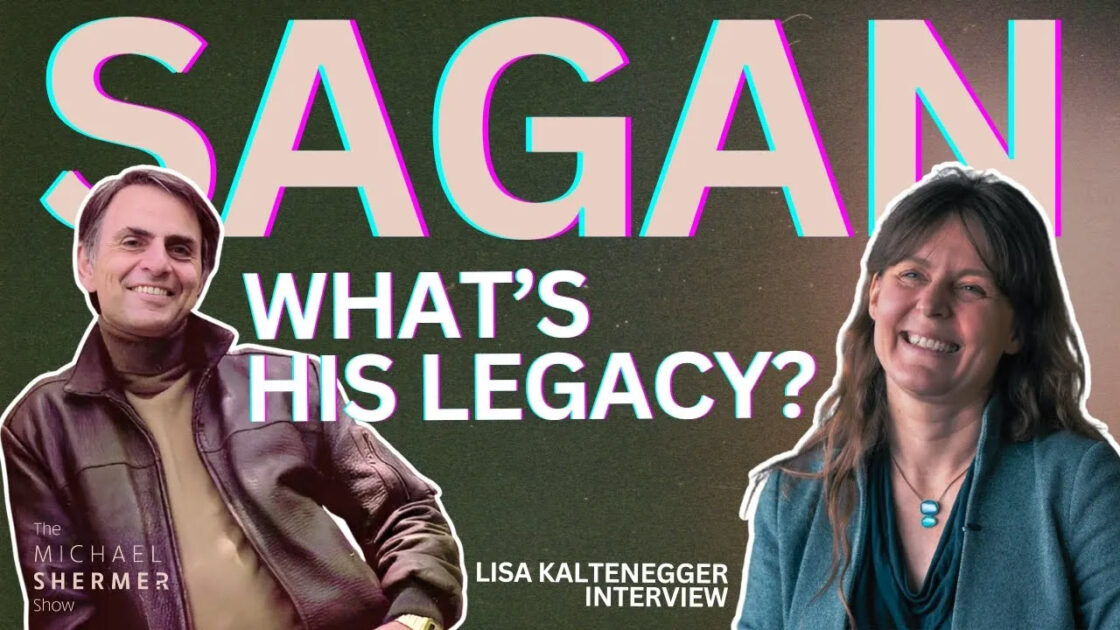
Shermer and Kaltenegger discuss: Carl Sagan and his influence • Sagan’s Dragon • ECREE Principle • how stars, planets and solar systems form • how exoplanets are discovered • Hubble Space Telescope, Kepler Space Telescope, James Webb Space Telescope • The Origin of Life • Fermi’s Paradox: where is everybody (the Great Silence, the Great Filter) • biosignatures • technosignatures • Dyson spheres • Will aliens be biological or AI? • interstellar travel • Kardashev scale of civilizations • how…
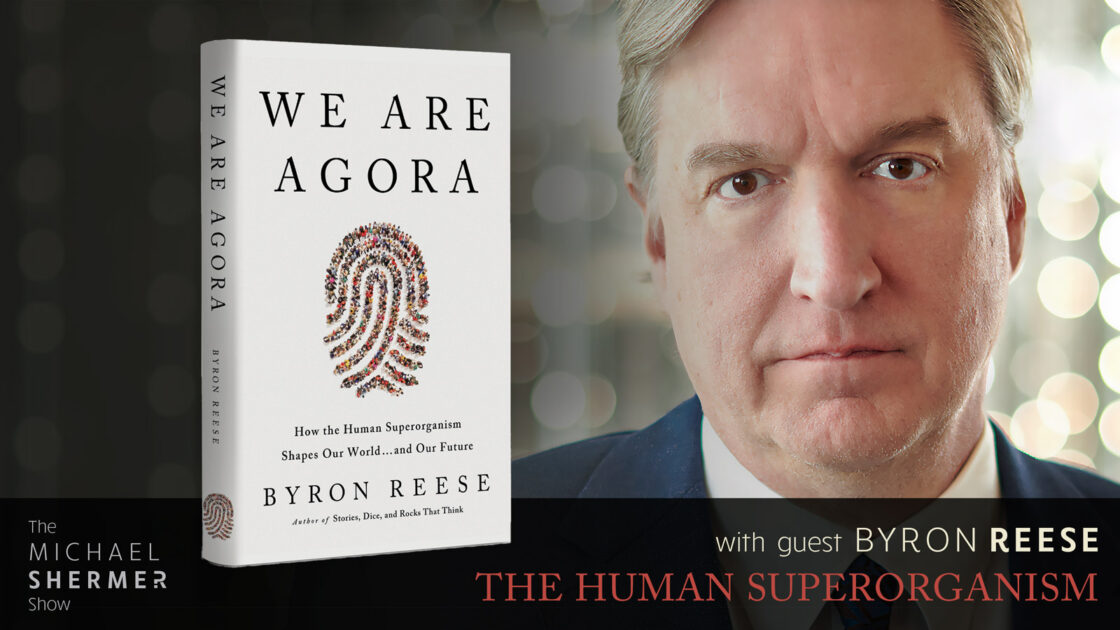
Shermer and Reese discuss: • organisms and superorganisms • origins of life • the self • emergence • consciousness • Is the Internet a superorganism? • Will AI create a superorganism? • Could AI become sentient or conscious? • the hard problem of consciousness • cities as superorganisms • planetary superorganisms • Are we living in a simulation? • Why are we here?
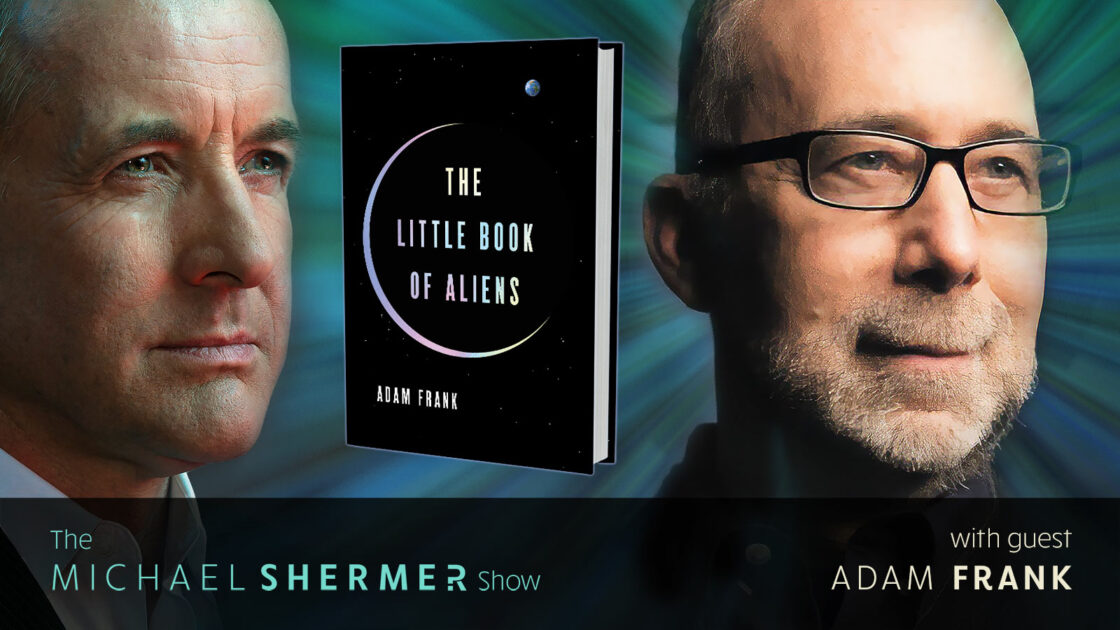
Shermer and Frank discuss: origin of Life • Drake Equation • Fermi’s Paradox • UFOs and UAPs • Projects Sign, Blue Book, Cyclops, Grudge • AATIP (Advanced Aerospace Threat Identification Program) • Alien Autopsy film • SETI & METI • technosignatures & biosignatures • aliens: biological or AI? • convergent vs. contingent evolution • interstellar travel • Dyson spheres, rings, and swarms • Kardashev scale of civilizations • aliens as gods and the search as religion • why aliens matter.
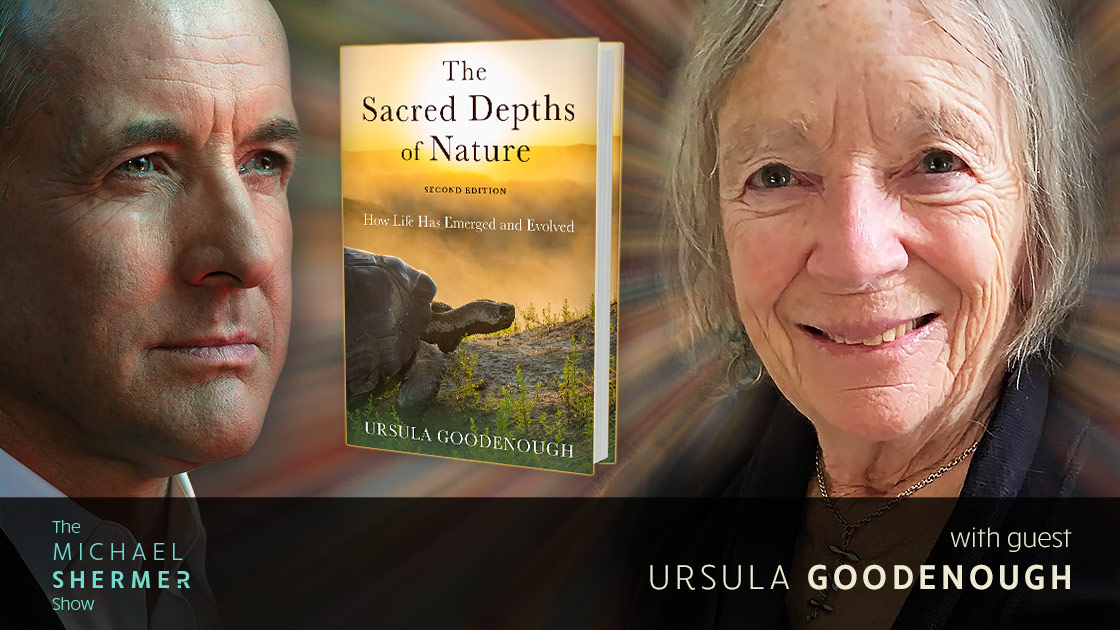
Shermer and Goodenough discuss: origins of her personal beliefs • origins life, RNA, DNA, consciousness, language, morality • myths and religions • what it means to be “religious” • religious naturalism • where the laws of physics came from • why the universe seems so strange • chance and evolution • fine tuning of the cosmos • autocatalysis and emergence • purpose of religion • ethics and morality without religion.
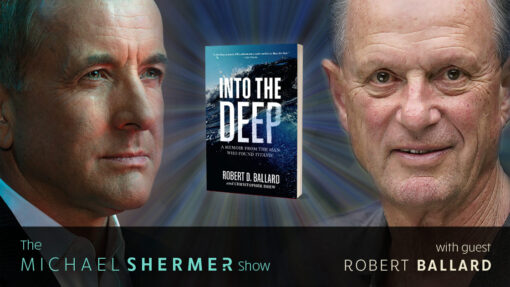
In episode 188, Michael goes Into the Deep with legendary undersea explorer Robert Ballard about his many journeys to find the Titanic, the Lusitania, the Bismarck, Nazi submarine U-166, the USS Yorktown, JFK’s PT 109, and two missing nuclear submarines under the cover of searching for the Titanic.
In episode 188, Michael goes Into the Deep with legendary undersea explorer Robert Ballard about his many journeys to find the Titanic, the Lusitania, the Bismarck, Nazi submarine U-166, the USS Yorktown, JFK’s PT 109, and two missing nuclear submarines under the cover of searching for the Titanic.
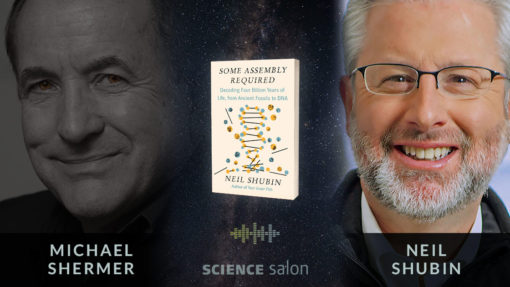
In Science Salon # 109 Michael Shermer speaks with Neil Shubin about his new book Some Assembly Required: Decoding Four Billion Years of Life, from Ancient Fossils to DNA — a lively and accessible account of the great transformations in the history of life on Earth.
In Science Salon # 109 Michael Shermer speaks with Neil Shubin about his new book Some Assembly Required: Decoding Four Billion Years of Life, from Ancient Fossils to DNA. PLUS Harriet Hall, M.D. reminds us that though many wines improve with age, human bodies don’t; we deteriorate.
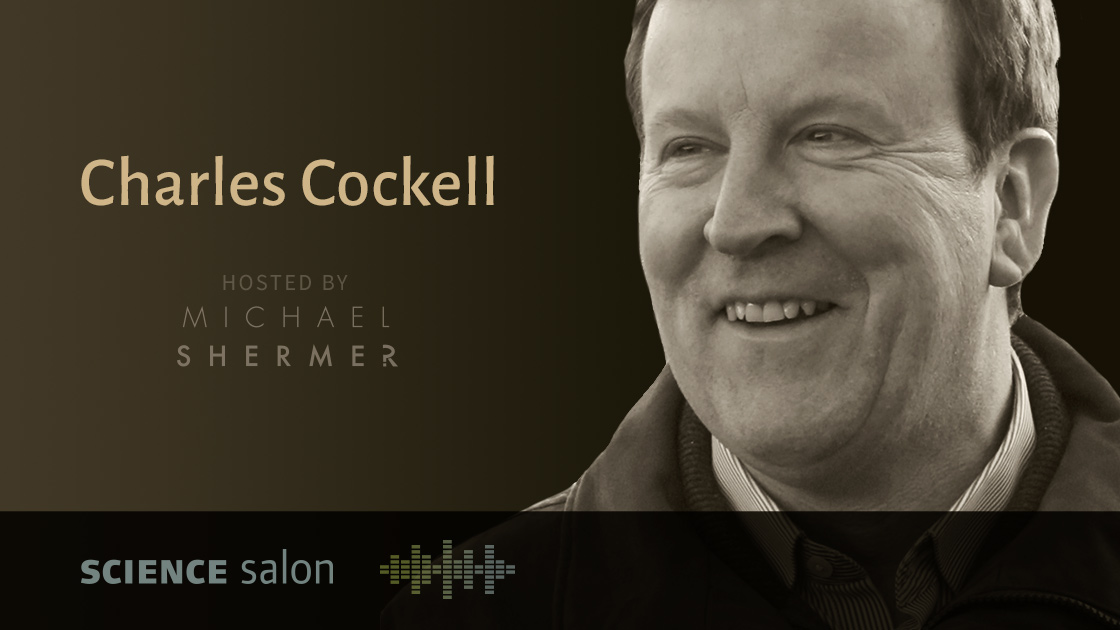
Shermer and Cockell discuss: the origins of life on earth; the possibility of finding life on Mars and, if we did, would it have something like DNA, albeit with different base pairs?; Fermi’s paradox: if the laws of physics and evolution are so common throughout the universe, and there are so many earth-like planets in our galaxy alone (estimated to be in the billions), where is everyone?; humanity becoming an interplanetary species (possibly the first), and if so what type…
In this week’s eSkeptic, Richard Grigg explains why he thinks Douglas Navarick’s response to his essay contains serial violations of the scientific worldview.
In this week’s eSkeptic, Richard Grigg explains why he thinks Douglas Navarick’s empirical God-hypothesis fails.
In this week’s eSkeptic, Dave E. Matson critiques Douglas J. Navarick’s article “The ‘God’ Construct: A Testable Hypothesis for Unifying Science and Theology,” which appeared in Skeptic magazine 20.3 (2015). Following Matson’s challenge, Navarick responds.
In this article from Skeptic magazine 20.3 (2015), California State University, Fullerton Psychology Professor Douglas J. Navarick presents the case that the current pattern of evidence for the origin of life is consistent with the interpretation that life started just once in one place and was not the result of random processes.
In this week’s eSkeptic, Gary Whittenberger examines Miklos Jako’s “Soft Theism” God postulated in Jako’s article “In Defense of Soft Theism,” which appeared in Skeptic Magazine 19.2 (2014). Whittenberger argues that, when considering the origins of existence, we don’t need to step outside the boundaries of science.
In this lectures, based on his book Here on Earth, Tim Flannery presents a captivating and dramatic narrative about the origins of life and the history of our planet.















